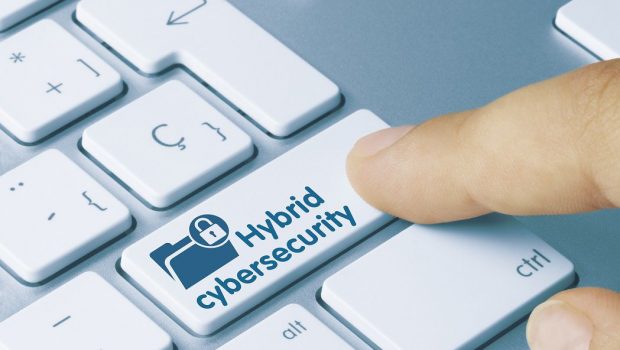How To Ensure Cybersecurity In Hybrid Workplaces
https://www.ispeech.org/text.to.speech
The fact that the world has undergone significant upheaval over the past two years and that the COVID-19 epidemic is one of the primary causes of many of these abrupt changes
Some of the changes we’ve seen, like the shift to hybrid work, have also created new cybersecurity challenges. Of course, there are many advantages to hybrid work for all types of employees, which we cannot deny.
However, it also carries a proportionate amount of cyber-risks, such as a surge in cybersecurity problems.
Working from home or in a hybrid workspace may be very satisfying for both employers and employees.
Nevertheless, this kind of workplace plan comes with cybersecurity threats, particularly related to:
More precisely, the following list includes some of the cybersecurity concerns that come with a hybrid workplace:
- Growing usage of cloud-based tools for working remotely
- Hybrid workers must have access to classified information
- Cybercriminals particularly aim against hybrid workers
- Inadequate cyber threat tracking and investigation
- Employees’ absence of security awareness
- Absence of hardware and software infrastructure to provide secure data transmission and interactions for both hybrid and in-office personnel
Here are some more specific instructions on how to avoid cybersecurity risks in a hybrid environment:
Training on a Repetitive Basis
The personnel must receive continuous training in order to stay current with technological advancements. By doing so, you can reduce the possibility of cybersecurity attacks that might be sparked by ignorance about new security concerns.
Phishing emails, physical security, password hygiene, and the dangers of public Wi-Fi networks should all receive additional attention because these are some of the most typical entry points for hackers’ activities.
Ensure hybrid employees get the right tools they need
There are some tools that can make remote workers feel more at ease and at home in hybrid work environments.
Additionally, they will make it simpler for them to follow the guidelines and directives of your company.
For instance, you can decide to employ physical authentication keys or one-time passwords to maintain remote access methods secure.
To improve the security of the connectivity to hybrid endpoints, you should also employ VPNs.
The fact that your tools must work for both hybrid and in-office work means that they should all be carefully studied before being put into use.
Because you have complete power over the tools your team utilizes at all times, everything must be properly synchronized with the requirements of your hybrid workers. This makes your workspace secure.
Implement many security layers
The best security in hybrid work environments can undoubtedly be achieved through avoidance. As there are more points of failure with multiple layers of security, it will be more difficult for potential attackers to get past your protections. Any effective cybersecurity plan must include this as a crucial component.
The first line of protection against such cyber-attacks can be using a specialized gateway appliance to thwart potential attacks at the gateway point. You should be aware that it won’t be sufficient on its own.
Hybrid workspaces could present a little bit of a cybersecurity challenge compared to in-office workplace alternatives.
However, the positives of hybrid work vastly exceed the drawbacks. You will enjoy all the advantages of hybrid workspaces if you maintain a close eye on your security procedures and educate your staff to be cautious of possible risks.
Don’t miss important articles during the week. Subscribe to techbuild.africa weekly digest for updates








Gloss